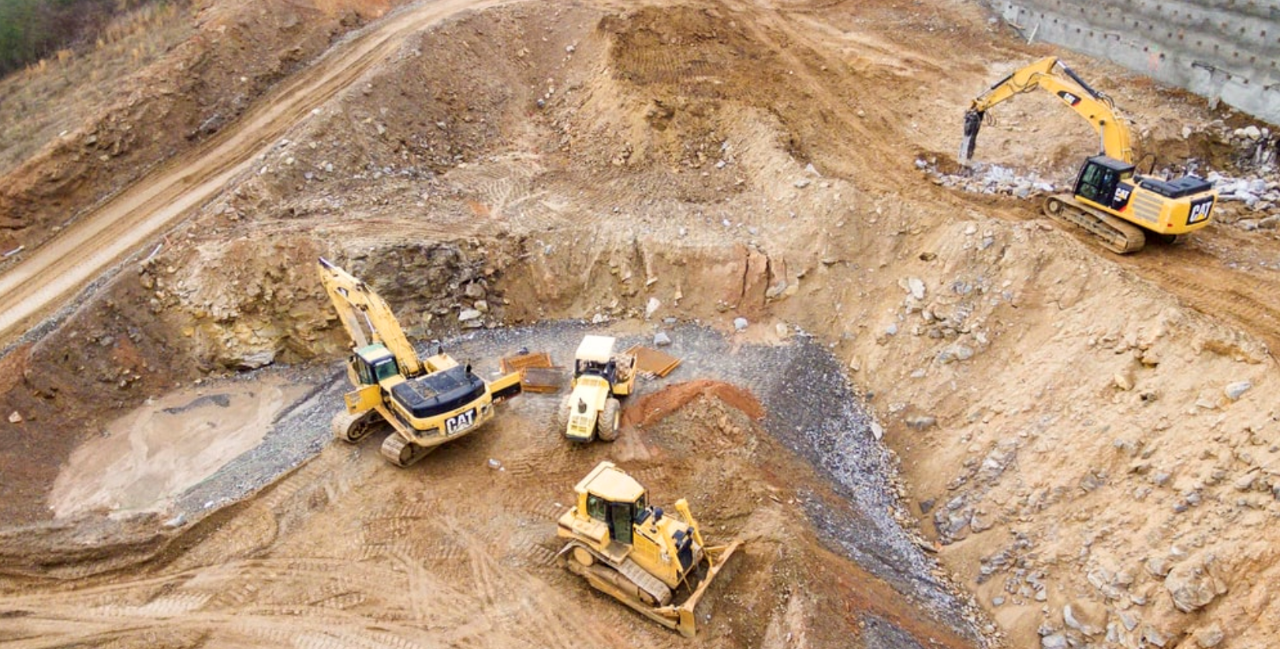Economic growth showed no sign of an acceleration in Q3, reaching +2.3% y/y which results in approximately zero growth per capita and which is well below the +6% growth rates registered until 2014. In Q3, as during the last two years, growth was achieved in only about three sectors: Agriculture (non-processed agrifood which accounts for only 4% of Nigerian GDP), crude oil (non-refined oil which represents just 0.1% of GDP) and telecoms. Informality can be one reason, but this is obviously not the only one since manufacturing and construction output are stagnating. For the time being, the relaxation of credit constraints implemented during last summer has failed to translate into more credit demand. The cash crunch experienced in 2016 is not long ago yet, and corporates still have a high preference for cash hoarding. Without enough resources (the tax to GDP ratio is about 5%) the government still has no fiscal leeway in order to stimulate the economy. Against this background, we expect economic growth to stay within a narrow band, between +1.5% and +2% during next quarters.
















